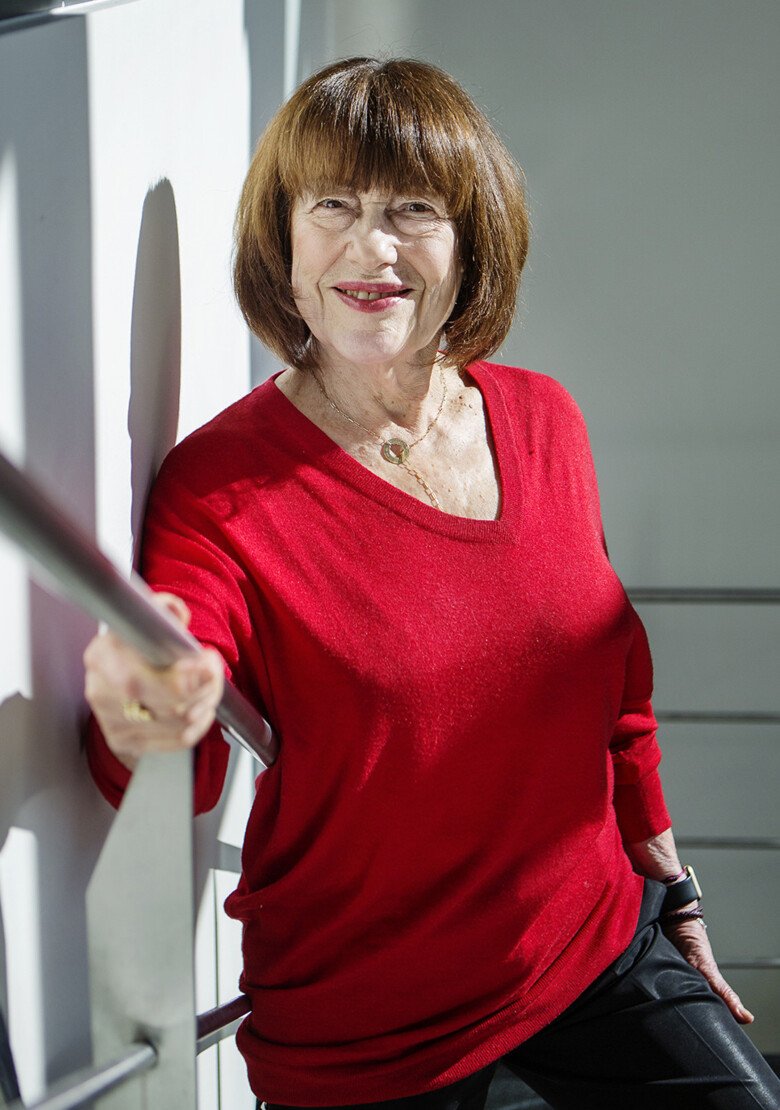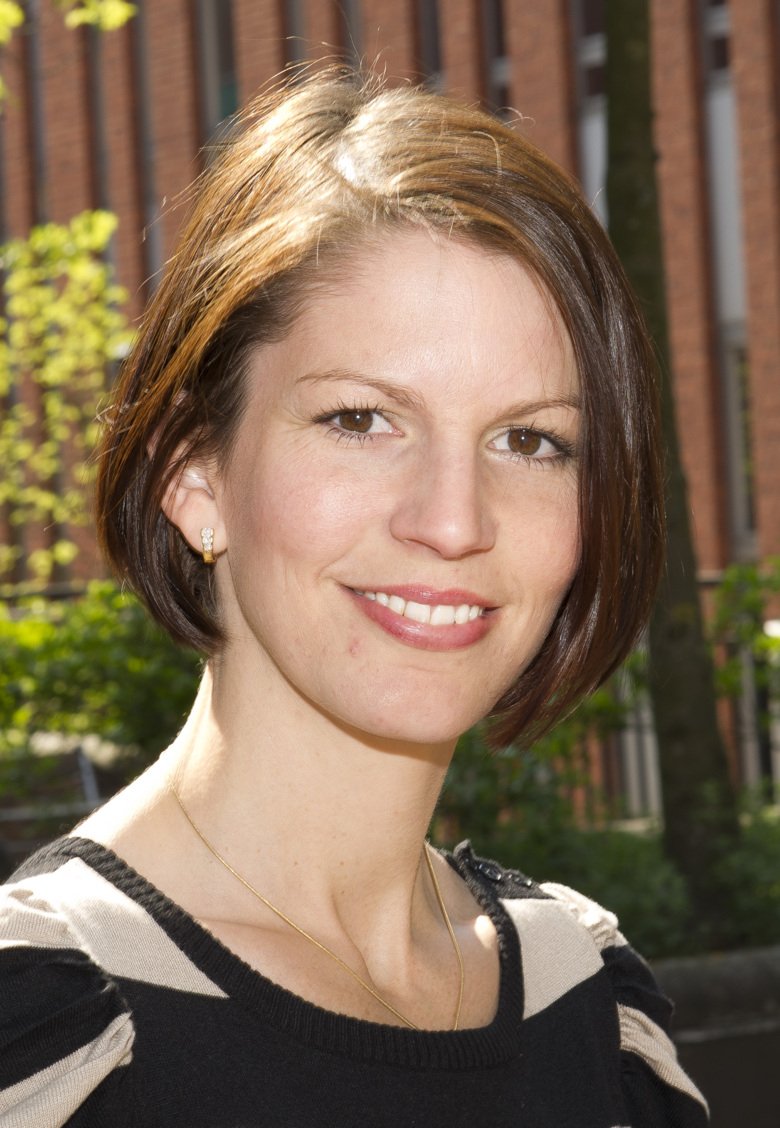Being a professor at Karolinska Institutet
The SciLifeLab laboratories on the Solna campus stand adjacent to the offices, and only a few paces separate Anita Aperia’s group’s white lab coats from their desks. Pernilla Lagergren and her group, on the other hand, do all their research on computers and so have no laboratory to go to.

 Text: Karin Söderlund Leifler (in translation from Swedish)
Text: Karin Söderlund Leifler (in translation from Swedish)
Superficially there are many differences between the two professors, but dig a little deeper and you find that their attitudes towards their professional roles are in many respects similar. Anita Aperia has been a professor for 35 years. Pernilla Lagergren took up her post only 3.5 years ago.
As professors their job is to pursue research and have overall responsibility for the higher education in which they are engaged. They also appear as experts in a variety of contexts, take part in undergraduate education and sit on committees and boards. On top of all this, they have to lead their research groups and secure funding.
“During the active part of my career, I sometimes felt split,” says Professor Aperia. “Now I can devote more of my time to research and supervision, but the split that can appear is dangerous.”
“You have to choose and think before you say yes to everything,” says Professor Lagergren. “When you have other duties to perform, it’s your research that has to make way.”
Interest in research
Because it was mainly their genuine interest in research that led them to where they are now, as well as the possibility of doing their own research to answer relevant questions and improve things for patients. The title of professor as such has not mattered to them.

“When I started to research I had no career plan,” says Prof. Lagergren. “I was propelled into a research career by my passion for making life easier for the patients I care about. It’s the battery powering my research. You need the drive and curiosity.”
They agree that patience is an indispensible quality for a professor. Setbacks are common and it is important not to lose heart when things fail to pan out as you had hoped. It is also a challenge, they say, to keep up internationally leading research and, above all, to cope with financial uncertainty.
“It’s hard work sustaining a research group,” says Prof. Lagergren. “The grants are often for a couple of years and I have to apply for everything available. It’d be nice to have a certain basic security, maybe a package of resources for those employed as professors.”
Fewer professors
Prof. Aperia, who has been a researcher for her whole professional life, can compare her role now with what it was before. One difference is that there were fewer professors back in her early years.
“The interesting thing is that there was more exchange going on between the faculties,” she says. “The best people in a particular field applied for advertised posts, and I think the mobility and competition was healthy.”
Prof. Aperia is currently a full-time senior professor and works with a junior professor, so when she eventually retires from research, the project can continue without her. She sees it as an advantage that those who can attract grants for their research are treated as research leaders even after having reached the formal retirement age.
“It’s a creative profession and it’s hard to quit. It’s like being an author or an artist. You don’t have to quit simply because you’ve reached a certain age, but you have to show that you’re doing something useful.”
Two professors
Name: Anita Aperia
Title: Senior professor at the Department of Women’s and Children’s Health, KI.
Time as professor: 35 years.
Researches into: How to explain the energy efficiency of the body and its individual cells, with a focus on the salt pump (Na,K-ATPas), the body’s most energy-demanding protein.
Name: Pernilla Lagergren
Title: Professor at the Department of Molecular Medicine and Surgery (MMK).
Time as professor: 3.5 years
Researches into: How recovery after oesophageal cancer surgery can be improved, based on information supplied by the patients.
